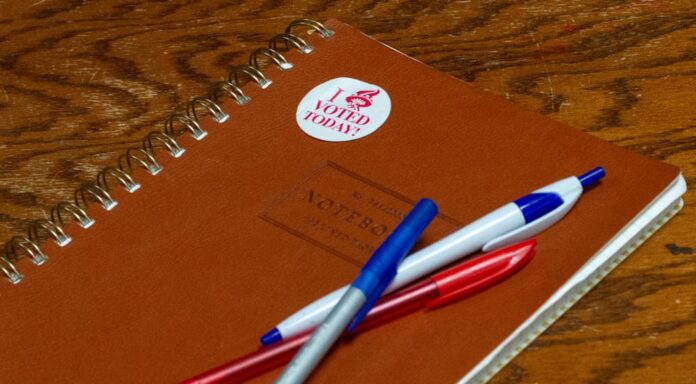As the 2024 presidential election approaches, education has emerged as a key issue, with both candidates outlining distinct visions for the future of public schooling. Vice President Kamala Harris, a staunch advocate for public education, has praised teachers for doing “the most noble work” and has chosen former public school teacher Gov. Tim Walz as her running mate. In contrast, former President Donald Trump has called for the elimination of the Department of Education (DOE) to shift control back to the states.
Dr. Nate Daun-Barnett, Chair and Associate Professor of the Graduate School of Educational Leadership and Policy at the University at Buffalo, notes that debates over abolishing the DOE have been ongoing since its establishment in 1979. Trump’s proposal to dismantle the DOE aims to limit federal involvement in education, remove civil rights protections, and potentially privatize public funds, according to Dr. Melinda Lemke, director of the Educational Leadership and Policy for Equity Minor.
Trump has also championed universal school choice vouchers, which would enable parents to use public funds to enroll their children in any school, including private or homeschool settings. However, Daun-Barnett cautions that these vouchers could exacerbate racial and socioeconomic divisions. “You’re making it easier for wealthier families to choose options that don’t require their children to attend school with students of color,” he said.
The debate over school choice comes at a time when public school enrollment has declined since the COVID-19 pandemic, with voucher programs gaining popularity in Republican-led states. Daun-Barnett and Lemke have both observed shifts in public perception, noting that the pandemic has eroded trust in educators while elevating the importance of education policy in everyday life.
Daun-Barnett emphasized the critical role of professional educators, comparing their importance to that of doctors. He warns that undermining teachers could harm the quality of education in the long run.
With education policy at the forefront of the 2024 election, voters will have to decide which vision for education aligns with their priorities. Daun-Barnett encourages active civic participation, stressing the importance of understanding how policy decisions will shape the future of education.











